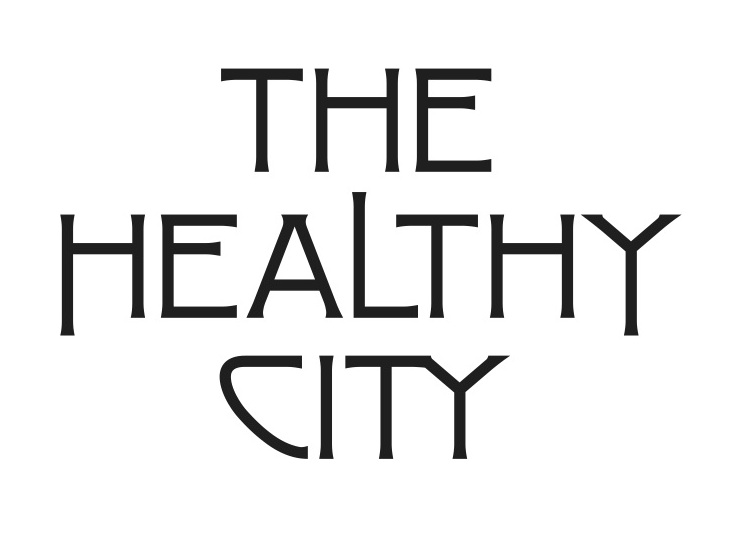When Peter Orzag, the director of the White House Office of Management and Budget suggested that $700 billion in waste could be trimmed from the U.S. healthcare budget, many people thought he was nuts. But a report from Thomson-Reuters identifies specific opportunities to do just that: cut $700B from the U.S. system while improving care.
Americans are beginning to realize what healthcare analysts have realized for years. The amount of waste in U.S. healthcare is staggering. Waste accounts for almost one-third of American healthcare spending. And we know how to cut out the waste. Here are a few of the simple steps America must take to cut out the healthcare spending that does nothing to improve health:
1) Improve administrative efficiency –We can start by standardizing insurance benefits, formularies, billing procedures & authorization procedures. Because of the complexity of our insurance system Americans pay nearly one-third of their healthcare dollars for bureaucracy: more than any nation in the world.
2) Improve care coordination, reduce provider inefficiency, reduce preventable hospitalizations & emergency department use –We can improve care and make it more efficient through improving our primary care systems, making sure everyone has a medical home, that all clinics and hospitals have electronic health records, and that clinics and hospitals share health information so that they can better coordinate care.
3) Reduce unwarranted use –Accountable Care Organization (ACOs) that encourage physicians and hospitals to work together to improve health and align their incentives by paying them a blended physician-hospital payment will go a long way to improve care.


